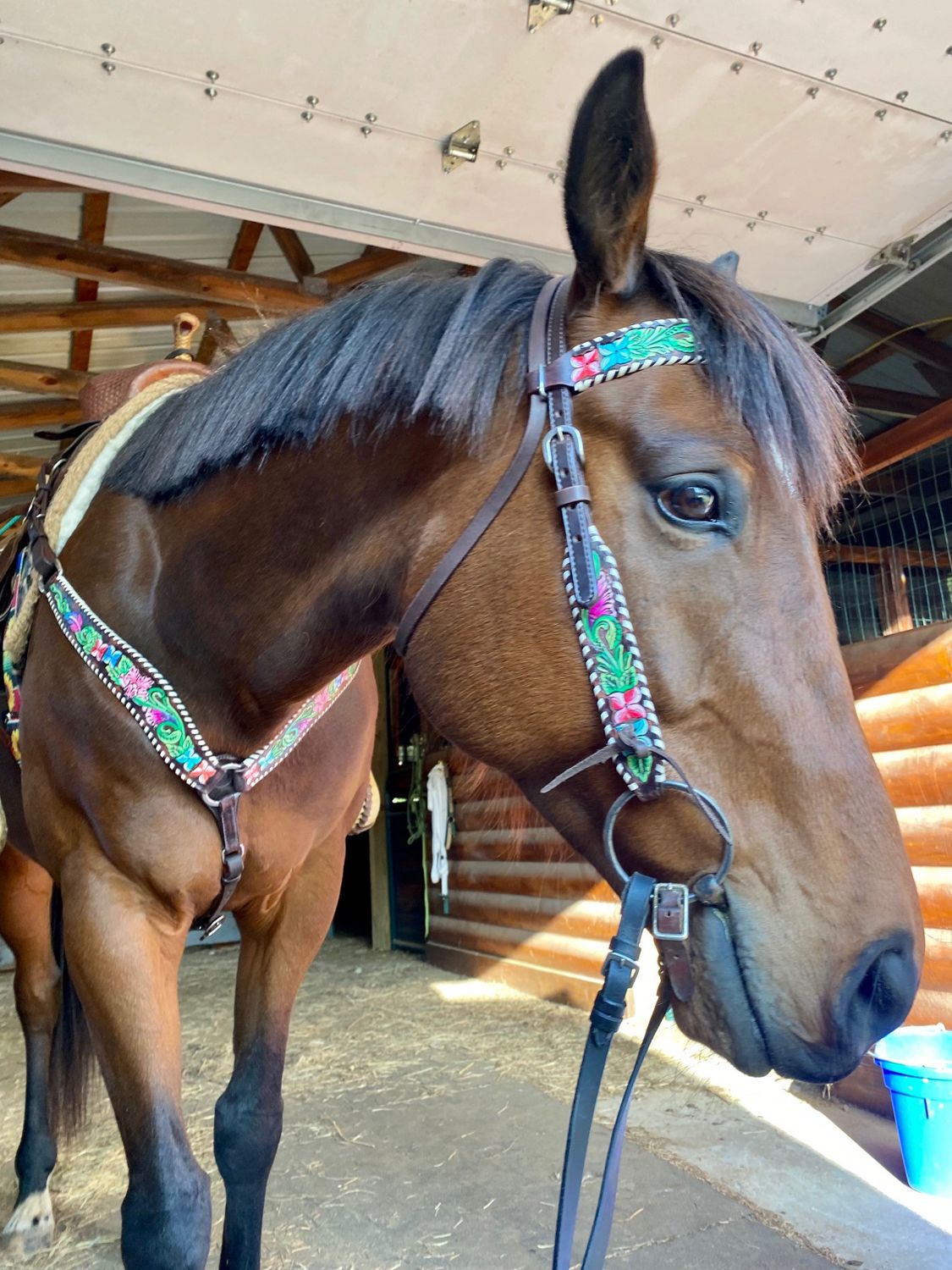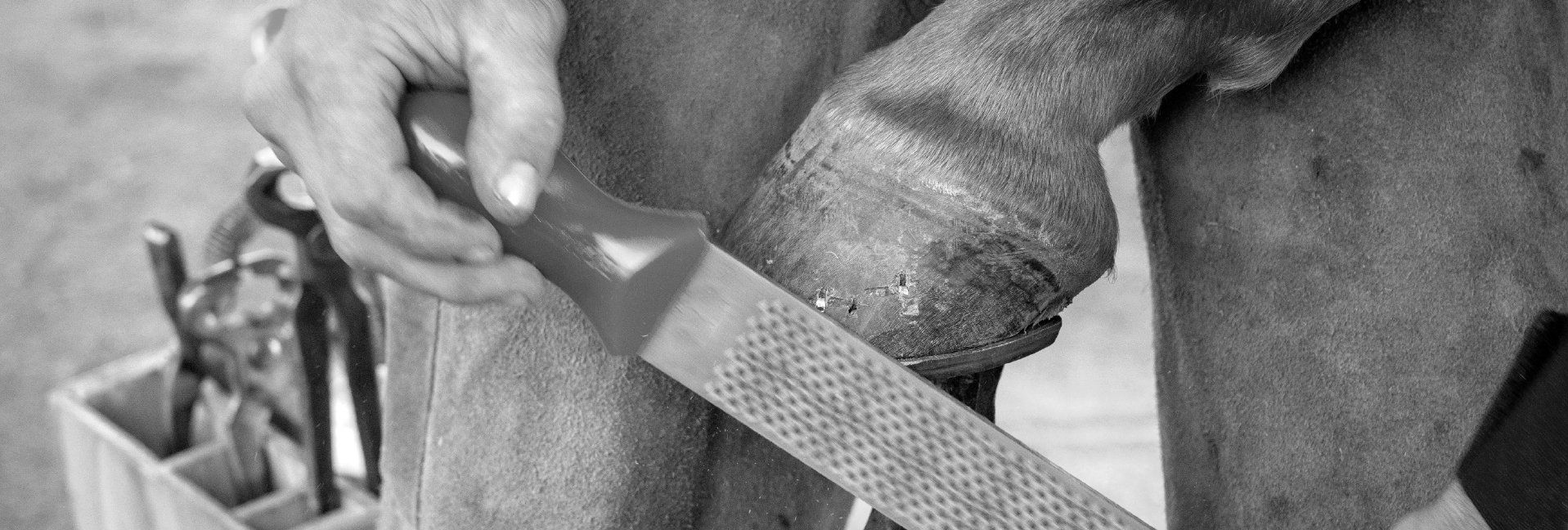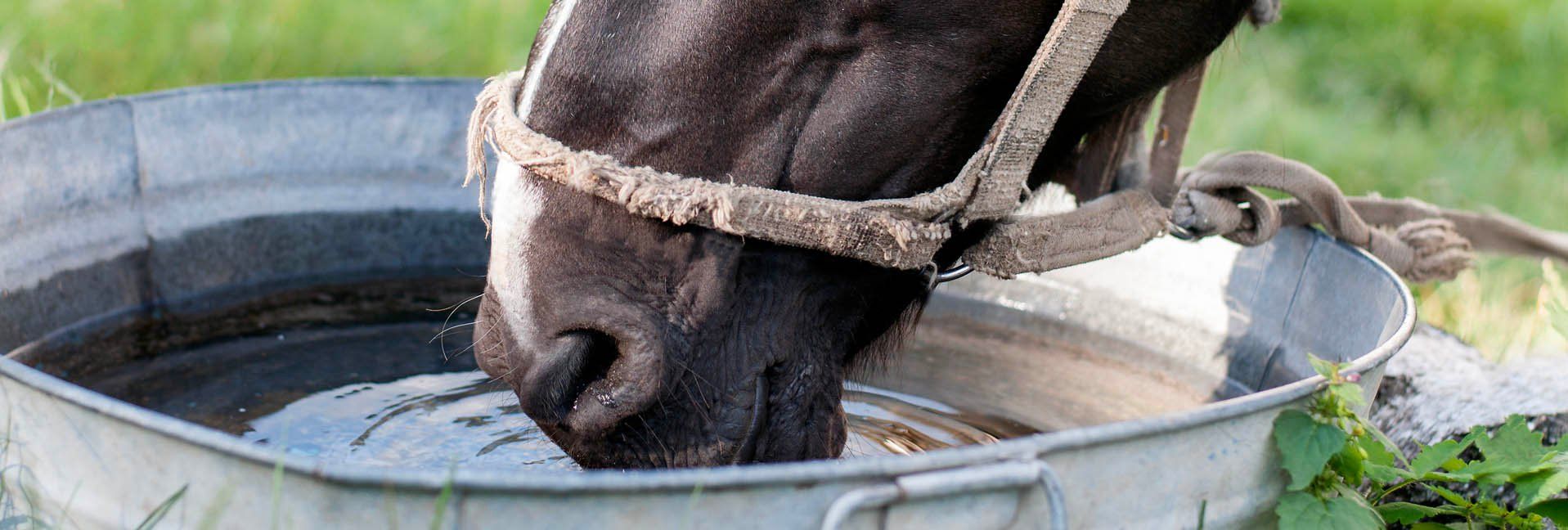Parasite Problems Puzzling You?
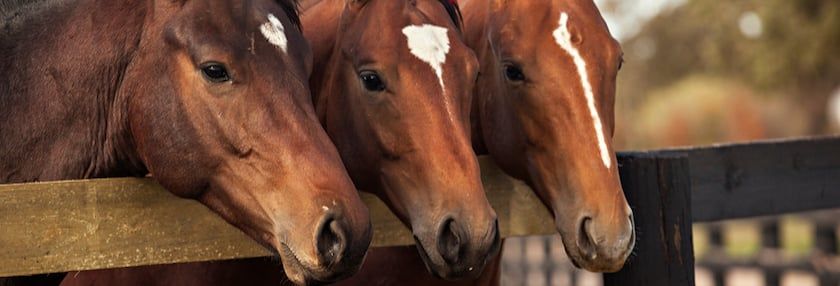

'Dos and Dont's' of deworming your horse
Silver is dropping weight, her coat isn’t as shiny as it once was, and her get-up-and-go gear seems to have got-up-and-went. Could she be burdened by parasites?
Follow best practices, and avoid these pitfalls, to make the most of your horse’s deworming program.
DO know the risk of parasites
“Parasites can cause colic in horses,” warns Valley Vet Supply Technical Service Veterinarian, Tony Hawkins, DVM. “Impaction colic is common due to heavy parasite burden.” Additionally, parasites can diminish a horse’s immunity, rob horses of nutrition, energy and overall wellness. They also can cause critical damage to a horse’s vital organs, impair growth and hinder performance.
DON’T follow outdated deworming practices
If you have horses, it’s likely you have heard the term “rotational deworming.” The (now outdated) practice was to deworm horses with different classes (active ingredients) of dewormers on a quarterly basis. Studies and experts now recommend against this practice—for your horse’s health, and the efficacy of dewormer ingredients.
Dr. Hawkins says, “Back when dewormers came out, they worked well against everything. We were able to deworm every animal with lots of success. Since then, and the introduction of rotational deworming practices, small strongyles have developed to become the larger problem—they develop resistance more easily. To avoid contributing to further resistance, deworming recommendations had to change.”
DO heed the current deworming recommendations
Refer to the Association of Equine Practitioners (AAEP) Parasite Control Guidelines – the most current recommendations by equine industry experts. AAEP parasite control guidelines recommend deworming when parasite levels can be at their highest, during the spring and fall. Treatment for bots and tapeworms should be timed to coincide with the end of the fly season for bots and the end of pasture season for tapeworms, typically late fall or early winter.
DON’T forget to deworm every horse as an individual
“For foals, I recommend deworming every two months until a year old. Foals are prone to ascarids early on, and benzimidazole dewormers (also known as ‘white dewormers’) are recommended,” Dr. Hawkins said.
For young horses, Dr. Hawkins says, “Yearlings and 2-year-olds should be dewormed on average three to four times per year, based on their fecal egg count (FEC) results, with either ivermectin or moxidectin and praziquantel for tapeworm control in the fall.”
As a general best practice, adult horses should be treated twice yearly, during spring and fall. Adult horses should be dewormed with either ivermectin or moxidectin and praziquantel for tapeworm control in the fall.
“Many senior horses become high shedders as they age, which is expected due to diminishing immunity,” Dr. Hawkins said. ”It’s ideal to treat them as you would a normal adult horse – do an FEC and based off of that, you may be deworming them two to four times per year.”
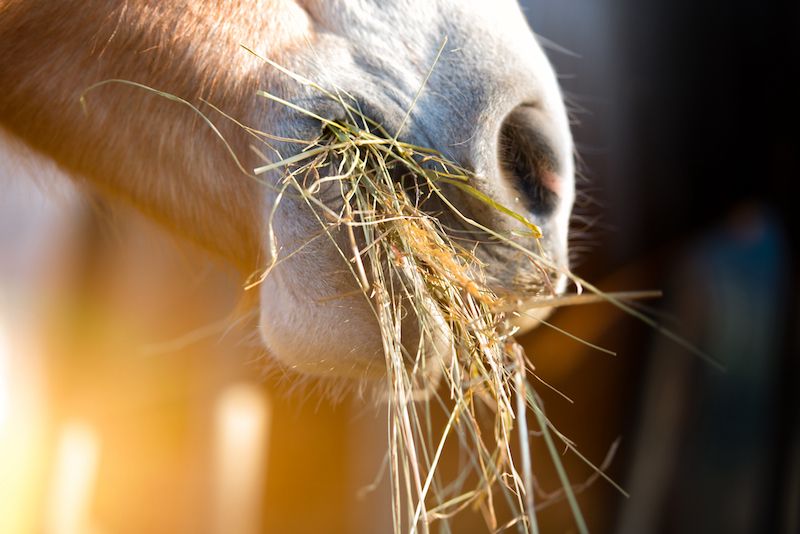
DO work with your veterinarian to perform an FEC test
This will help guide you on the frequency of deworming treatments needed. The AAEP recommends one FEC per year for adult horses. Ask your veterinarian about a fecal egg count reduction test (FECRT), which is recommended on a subset of the population every two to three years. The goal of the FECRT is to determine if there is resistance to the dewormers.
DON’T guesstimate your horse’s weight
Dosing horses to their individual, accurate weight is important. “While these dewormers are very safe, it is important to dose to the horse’s correct body weight. By accidentally overdosing, there could be side effects. And by underdosing, you will result in an ineffective deworming and increase the likelihood of parasite resistance.”
Use a simple weight tape, recommends Dr. Hawkins, “The weight tape won’t be exact, but that will be very close.”
DO store dewormers according to label directions
Be careful how dewormers are being stored. Keeping them at room temperature is ideal for their effectiveness. ”Temperature is a big consideration, as refrigeration can actually be harmful. Make sure you read the label and store your dewormers appropriately, according to the label recommendations,” Dr. Hawkins encouraged.
Keep these insights in mind to help shield your horses from pesky, harmful parasites.
Get more expert deworming details by clicking here
Tags:Horse Sense

Acreage Life is part of the Catalyst Communications Network publication family.









